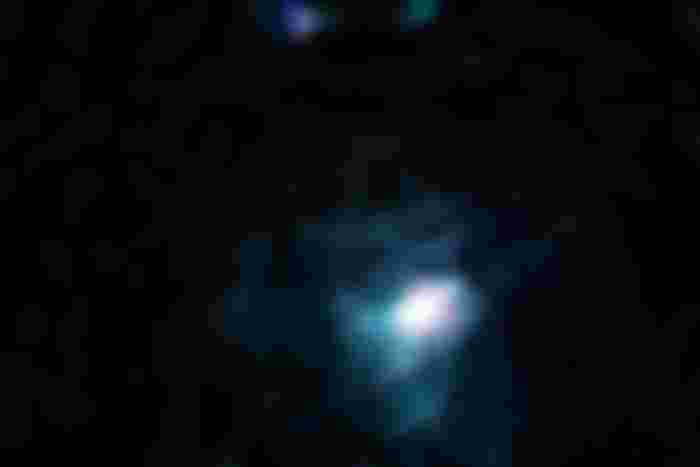The Broken God Theory

(image source: https://unsplash.com/photos/q4kNNohr9cM)
Question: what if we're all gods?
You heard that right: gods, plural. This is autotheism, but I'm going to mix it a bit with panentheism in my little thought experiment. Each of these words just mean "self godhood" and "all is god" and perhaps I'll just call this omnitheism, which is also "all is god," but rather than god permeating everything, god IS everything. But even so, the question still stands: what if we are indeed all gods?
We'll have to continue with a presumption that there is a god and that we each have souls, but this is something I will call The Broken God Theory. So let's set the stage:
Everything that is, was, and ever will be is all concentrated in one point - this point is the singularity of the universe, this point is god. God is alone, has none but himself for only he exists. One day, with a booming silent voice, he spoke the universe into being, scattering his outer material shell as far as he could, letting the pieces fall where they may. No longer held by his material body, he walks the universe, examining what he is. He saw many beauties, he saw stars form and fall, he saw planets and black holes collide, he saw galaxies form. "This is nice," he said. "But I cannot share this beauty with another." So he still realized his own loneliness, and the feelings he held continued on. Even in the face of beauty, he was alone. He sat himself on a planet and watched the star it circled. "I wish to learn more of myself," he said, and as he spoke, his form broke apart and scattered across the universe. Every part of him was conversing, and now he was no longer alone. But each part wished to join with the beauty that they could see around them and create beauty themselves. So they combined with the material and life sprung into a once desolate universe. They did not know the pain that this would cause, but they learned that such was necessary to grow and learn of themselves. So they continued on, independent pieces of the whole god. They lived many lives, they saw many things, they learned much more than they could ever dream. So they kept going. They knew that one day, they must return and be one again, but until then, they were dedicated to learning more about themselves, to creating the beauty they witnessed across the universe. And so, the god lay broken, but he is no longer alone.
So what are the implications of this? If this were true, then the universe, all of it, does have meaning, and the meaning of our individual lives is growth, to learn, to create. Our meaning was ultimately created by us, not something aside from us. It also means we are much closer to each other than we ever could imagine. Whatever genetic code may separate us, we are ultimately one. We're each individuals, but individuals that belong as one being. So perhaps the circumstances we face ultimately aren't that bad, they're contributing to this growth - every pain, every evil, it's as important as the good. It also means that the reason we have so many similarities in what is preached as morality is because we come from the same origin. Every god we worship is a portion of what we ultimately are, everything we create is transforming the body that we will return to. This may just be a flowery way to look at the big bang and the eventual collapse of the universe, but so what? It's more hope than what nothingness can provide.
So go on, live your life. Love, learn, hurt, heal, and, most importantly, grow.
